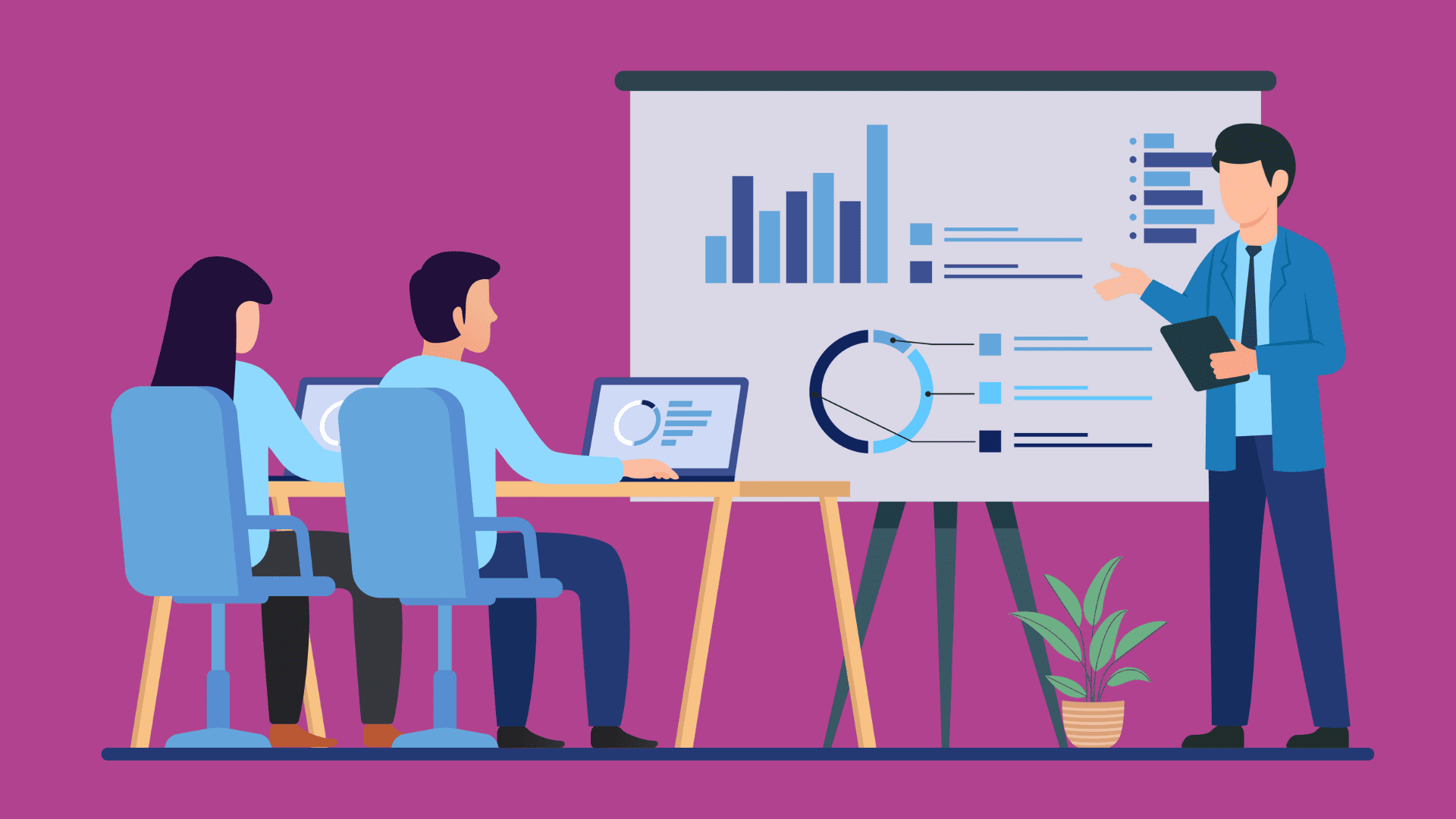The Future of Odoo ERP: A Glimpse into Innovation and Progress

In the ever-evolving landscape of enterprise resource planning (ERP) solutions, Odoo has emerged as a frontrunner, offering businesses of all sizes a comprehensive and customizable platform to manage their operations. As we look ahead, it’s fascinating to consider the future of Odoo ERP and the innovations that will drive its progress. In this blog post, we’ll explore some key areas where Odoo is poised to lead the way in the coming years.
1. **AI and Machine Learning Integration**: The integration of artificial intelligence (AI) and machine learning (ML) capabilities into Odoo ERP is set to revolutionize how businesses operate. From predictive analytics for better decision-making to intelligent automation of routine tasks, AI-powered features will enhance efficiency and productivity across all modules.
2. **Enhanced User Experience**: Odoo has always prioritized user experience, and this trend will continue in the future. We can expect to see further improvements in usability, interface design, and personalization options, making Odoo ERP even more intuitive and user-friendly for both administrators and end-users.
3. **Cloud-Based Solutions**: The shift towards cloud-based ERP solutions is gaining momentum, and Odoo is well-positioned to capitalize on this trend. Cloud deployment offers scalability, accessibility, and cost-effectiveness, allowing businesses to adapt to changing needs and scale their operations seamlessly.
4. **IoT Integration**: The Internet of Things (IoT) is revolutionizing how businesses collect, analyze, and utilize data from interconnected devices. Odoo ERP is likely to embrace IoT integration, enabling real-time monitoring of assets, predictive maintenance, and enhanced supply chain visibility for improved efficiency and decision-making.
5. **Vertical-Specific Solutions**: As businesses become increasingly specialized, there is a growing demand for industry-specific ERP solutions. Odoo’s modular architecture makes it well-suited for customization, and we can expect to see a proliferation of vertical-specific modules and functionalities tailored to the unique needs of different industries.
6. **Blockchain Technology**: Blockchain technology has the potential to revolutionize data security, transparency, and trust in ERP systems. Odoo may explore incorporating blockchain capabilities into its platform to enhance data integrity, traceability, and compliance across various business processes.
7. **Global Expansion and Localization**: With a rapidly expanding global user base, Odoo will continue to focus on localization efforts to meet the diverse needs of businesses worldwide. This includes support for multiple languages, currencies, legal requirements, and industry standards to facilitate seamless adoption across different regions and industries.
8. **Community-Driven Innovation**: One of Odoo’s greatest strengths is its vibrant community of developers, contributors, and users. The future of Odoo ERP will be shaped by ongoing collaboration, feedback, and innovation within this community, driving continuous improvement and evolution of the platform.
In conclusion, the future of Odoo ERP is brimming with possibilities, fueled by innovation, technology advancements, and the ever-changing needs of businesses. As Odoo continues to evolve and adapt to emerging trends and challenges, it remains a trusted partner for organizations seeking to streamline their operations, drive growth, and stay ahead in today’s dynamic business landscape.
